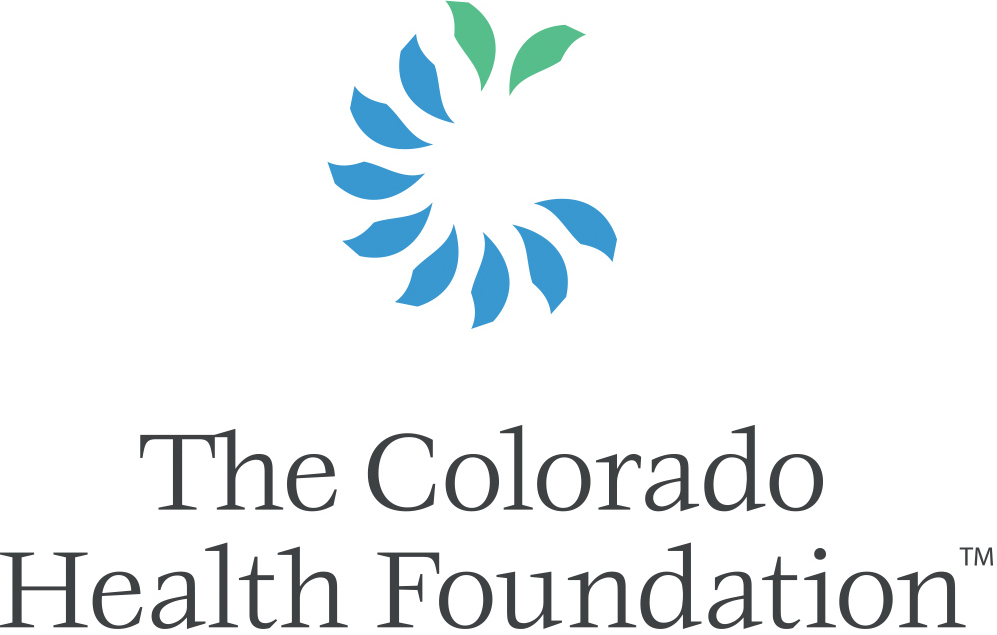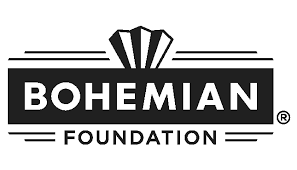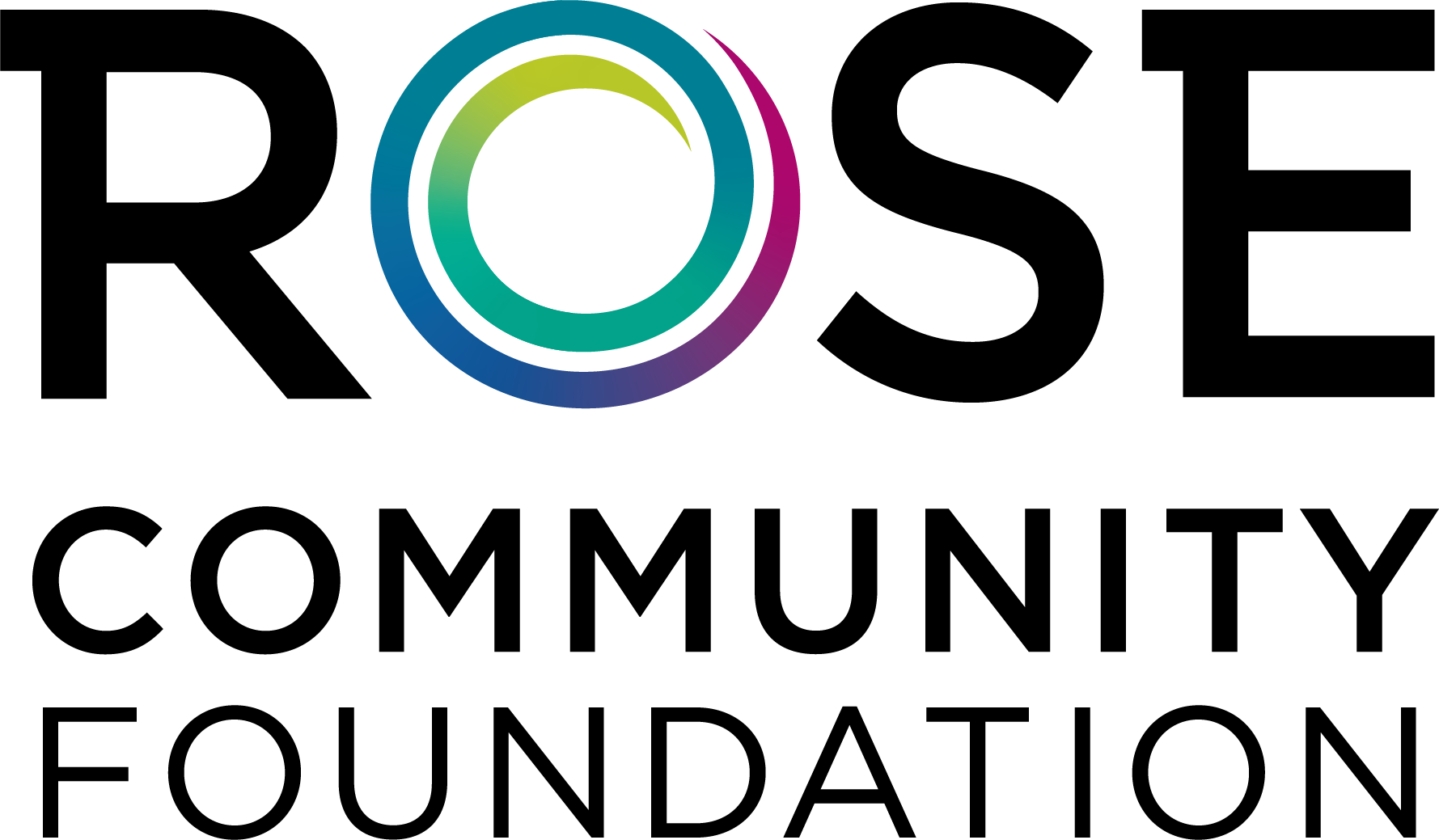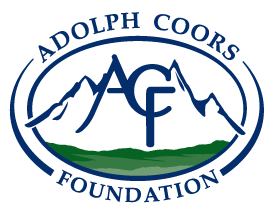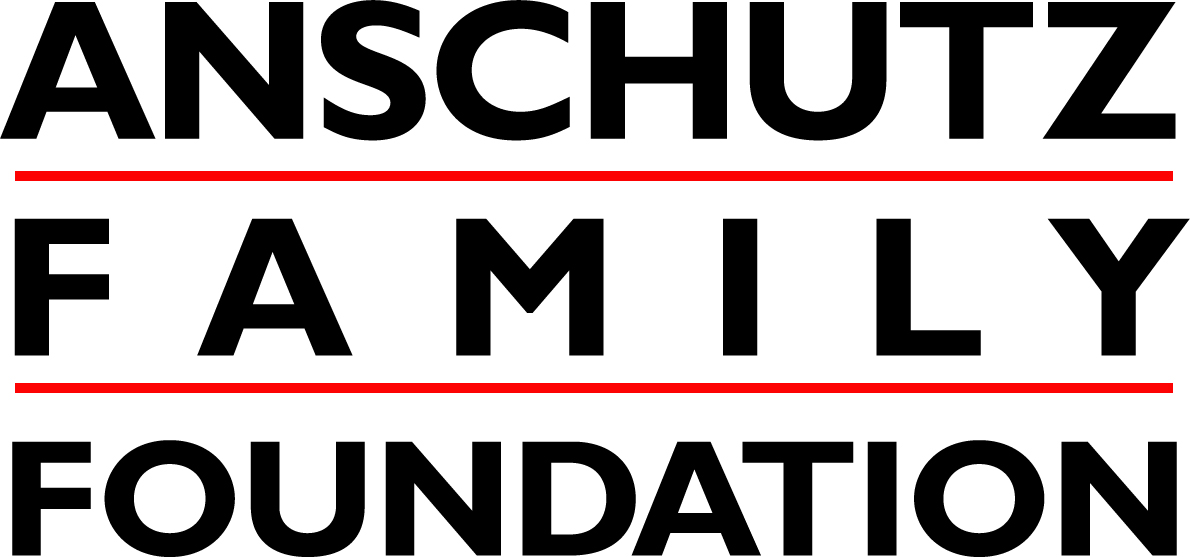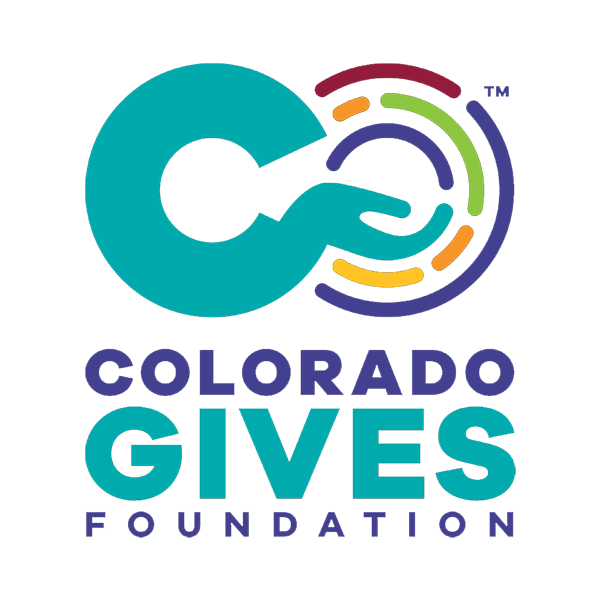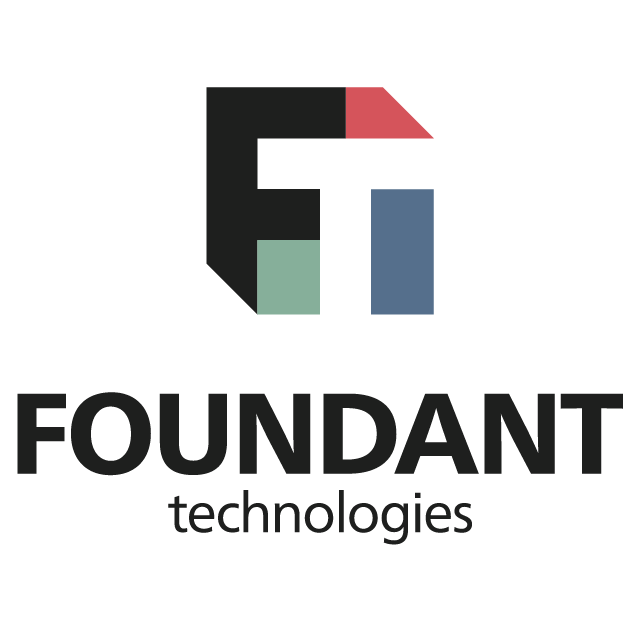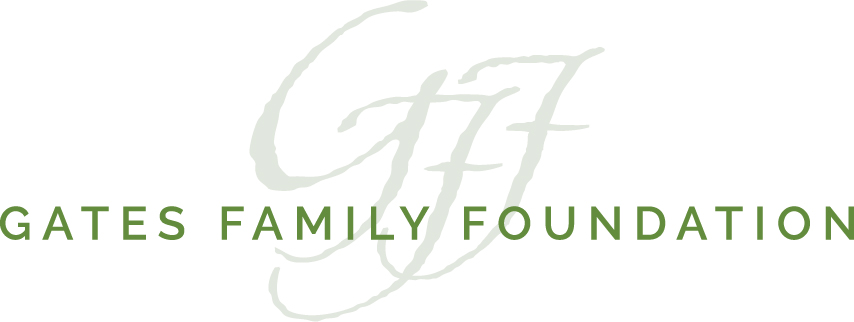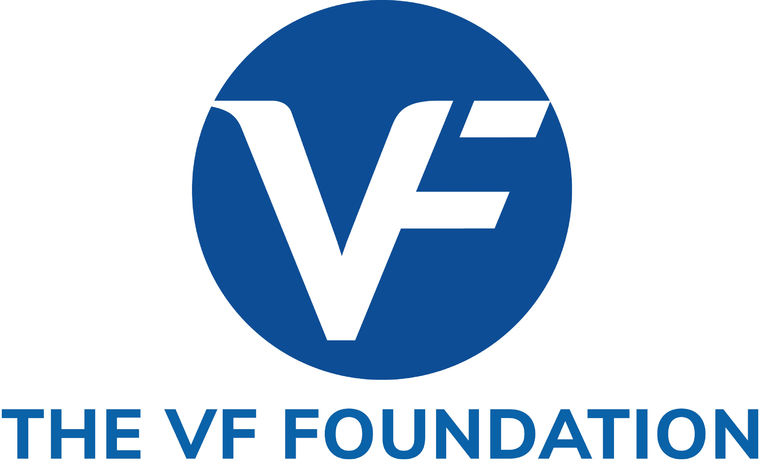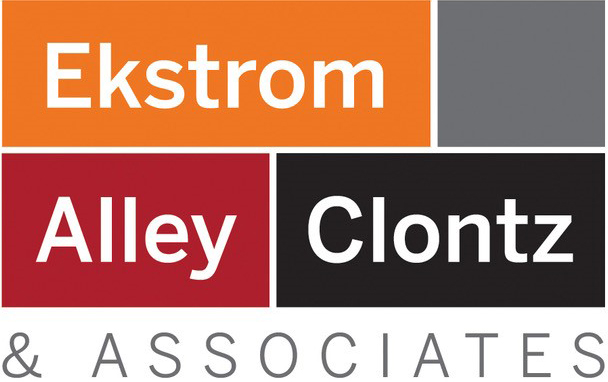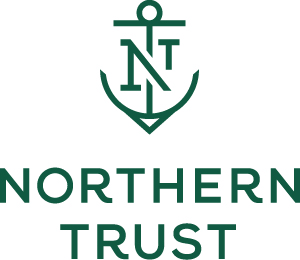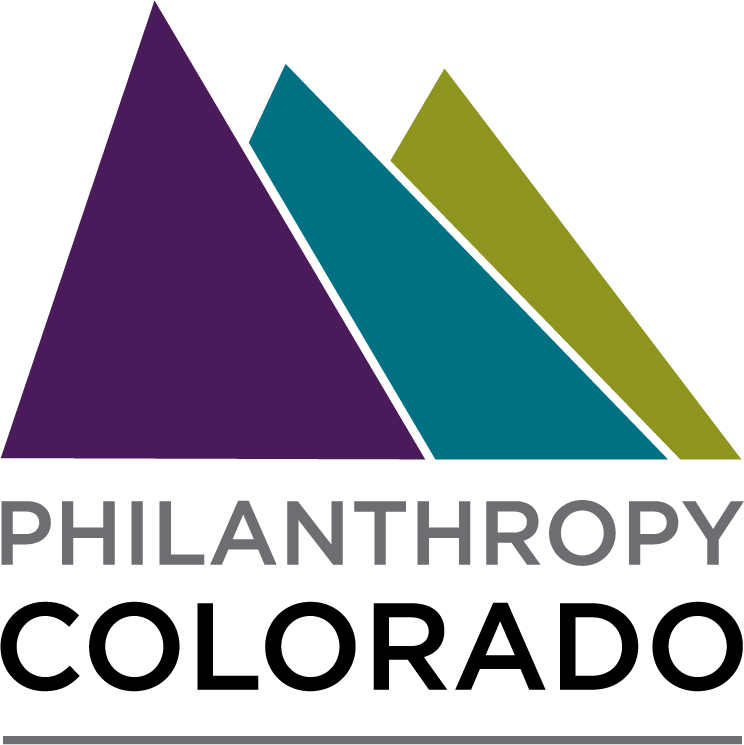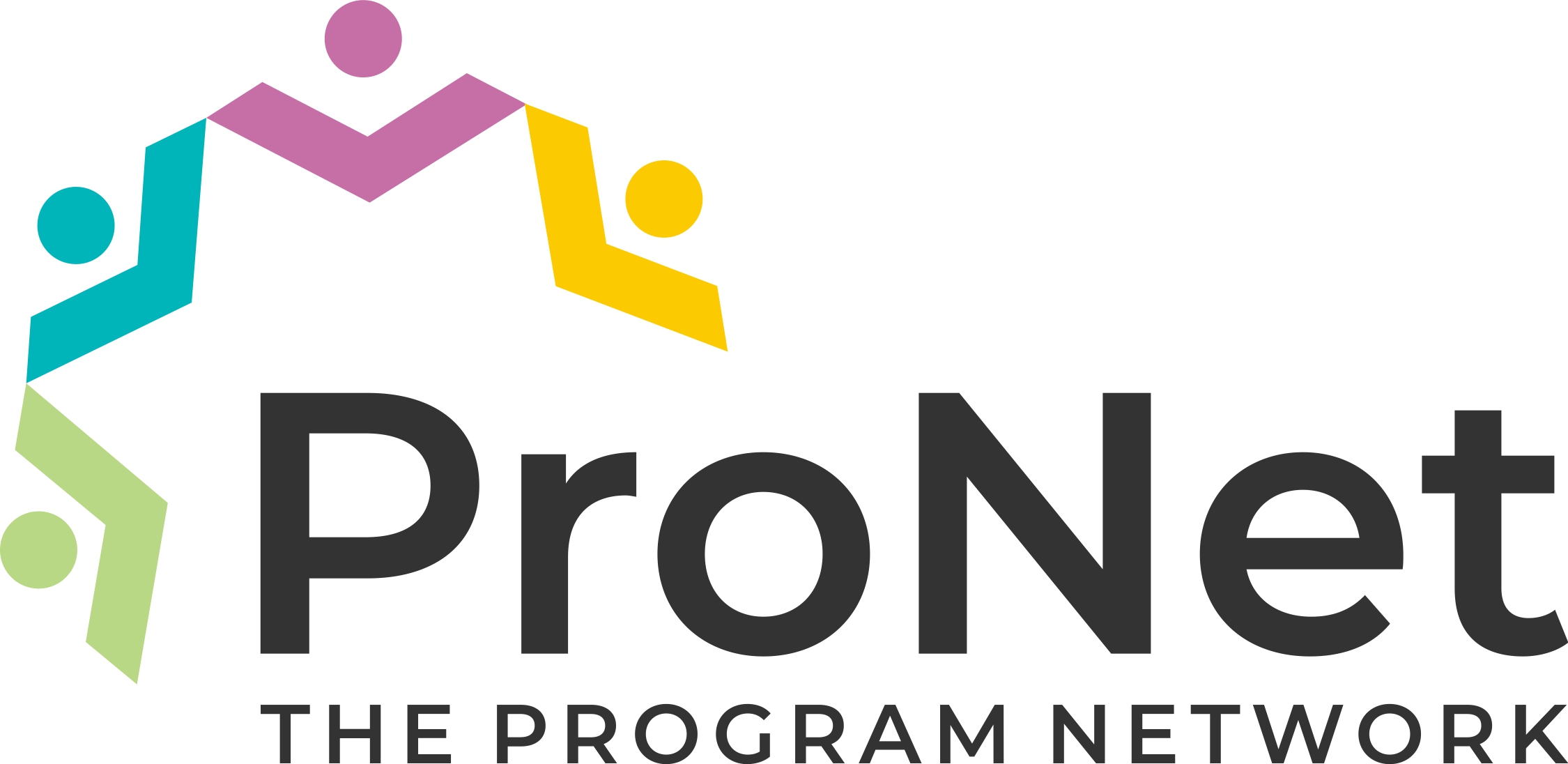Leading Locally 2023 - All Programming
Conference Sessions
Monday, June 12
This pre-conference session is sold out.
Community foundation CEOs have a long list of responsibilities and face many challenges. What are the excellent CEOs doing and how can we apply these concepts to our work as community foundation leaders? Using the recent McKinsey book, “CEO Excellence: The Six Mindsets That Distinguish the Best Leaders from the Rest,” join your CEO colleagues in a rich facilitated discussion about community foundation leadership in today’s environment. All attendees who register by April 1 will receive a copy of the book before the conference. Fees includes book, lunch, beverages, and snacks. Registration is open to all community foundation CEOs and Executive Directors, regardless of CEONet membership status.
Session Designer: Diane Miller, Executive Director, CEONet
Council Members $339 | Non-members $449
You can register for this session even if you are not attending Leading Locally 2023. Find more information here.
Led by the Council on Foundations Legal Team, this workshop is flexibly organized to ensure that your broad legal questions for administering funds, grants, and community foundation activities are addressed. The legal team will provide technical and practical understanding of complex rules and regulations.
Session Designer: Jill Gordon, Manager, Training, Council on Foundations
All Attendees $75
Register for this session or contact educate@cof.org to add it to an existing Leading Locally 2023 registration.
Bringing Impact Home: Collaborating to Raise the Profile of Community Foundations Nationally
Join CommA and the Community Foundation Awareness Initiative (CFAI) for an interactive half day pre-conference session focused on branding and media for community foundation communications staff. Lunch is included. Registration is open to all community foundation communications staff, regardless of CommA or CFAI membership status.
Community foundations have an identity crisis: few Americans actually know what a community foundation is or can describe what we do. CFAI has been working with field leaders to address this to raise the field's profile through branding campaigns and media placements that aim to consistently tell our story of impact through powerful messaging.
The ”Bringing Impact Home” campaign was created in partnership with field communications leaders and launched on social media in November 2022 with in-kind support from Meta, Facebook’s parent company. A second phase effort is in the works for 2023.
This session will share insights from the initial campaign, outline the long-term vision, and offer attendees an opportunity to learn how they can use the collateral and insights for their own branding and communications efforts.
You’ll hear from a panel of community foundation communication leaders about their own successful brand campaigns, media pitches, and placement efforts in raising awareness of their work, and there will be ample time for small group discussions and share outs.
Session Designer: Nicole Paquette, Director of Marketing and Communications, Communities Foundation of Texas, and Chair, CommA
Sponsored by Rose Community Foundation
Join the Council's CEO and Board for this invite-only event. Location and details will be provided in the invitation.
Meet up with new and old friends to enjoy dinner at a great restaurant within walking distance of the hotel. Sign up will be available in advance and it is pay your own way.
Tuesday, June 13
Join your fellow early-risers for a healthy breakfast and wellness activities.
Come dressed ready to breathe and move - we'll have an hour of morning yoga sponsored by the W.K. Kellogg Foundation. Mats will be provided.
Join us for our conference kick-off and breakfast plenary as we answer the question: What does crisis response illuminate about the best of humanity and philanthropy? In the face of compounding crises, funders in Colorado are catalyzing local solutions. Learn from funders who are strengthening their places by supporting recovery in the wake of natural disasters, facilitating healing in the aftermath of community violence, investing in affordable housing, and welcoming migrants who have been displaced by war and trauma. Together they will share their love for their places, their ideas for building resilience, and the innovations that can lead the way.
Reflect on our breakfast plenary and plan your day with colleagues during this extended networking time. If you're traveling with others from your organization, plan to get together during this time to check in. If you're traveling alone, meet up with others based on roles or issue areas to elevate your experience.
How do we fix the most critical issues in our community with grants of $5,000, $50,000, or even $500,000? No matter how hard we try, a few grants won't eradicate poverty. So, what do we do? Funder collaboratives--donors pooling dollars to make grants together--harness the potential for collective action to make meaningful change and amplify its impact on the ground. This session is a primer and how-to guide for starting and running place-based funder collaboratives and introduces a framework for collective decision-making across foundations, corporations, community foundations, and donor advisors.
Session Designer: Tim Bresnahan, Senior Director of Gift Planning, The Chicago Community Trust, and Board Member, AdNet
Philanthropic foundations increasingly recognize that listening to the people at the heart of their work, who are the most affected by their programs and often the least consulted, is essential. Listening, done well, leads to more effective programs and more equitable outcomes. But what if you hear something you can't respond to, or that doesn't fit into your strategy? In this session, participants will explore how listening along with other funders could enable them to collectively address more of the needs and opinions that community members voice. Participants will get a chance to reflect on what collective listening could look like in their context, and the challenges or barriers they might encounter.
Session Designer: Megan Campbell, Senior Director of Programs & Strategy, Feedback Labs
This session is reserved for Current CEOs and Executive Directors.
This session will be an "off the record" discussion of challenges, risks, and opportunities for foundation leaders in unprecedented times. Come prepared to reflect and share frankly on the hard and surprising lessons from your leadership journey.
Session Designer: Daniel Lee, Executive in Residence, Council on Foundations
When local crises unfold, community foundations often find themselves swiftly at the forefront, leading and partnering to help fill the gaps, and communications staff are often asked to step in and up in new and different ways. Join us for a session on crisis communications featuring field colleagues who have launched rapid disaster response communications efforts to learn how they’ve navigated nimbly working in the crisis communications space, particularly as information is constantly evolving and crises continue.
In this introduction to creative placemaking at the intersection of music, community building and public space, hear from a national placemaking funder and one of their grantee partners about place-based strategies Attendees will walk away with funding and donor strategies to support place-based work in communities with flexibility and through an equity-centered lens, following the lead of grantees and partner organizations to realize the potential impact of a placemaking project, as well as the ability to identify existing community assets and engage community members.
Session Designer: Sharon Yazowski, Executive Director, The Mortimer and Mimi Levitt Foundation
Miami-Dade, often desired for its weather, is also located in a in tropical zone on the east coast of Florida, putting it at high risk for sea level rise, extreme heat, hurricanes, and more. To ensure that Miami could withstand extreme weather, it needed to overcome extreme topic politicization and silos. That's when three municipalities, along with a community foundation, came together to collectively create Resilient305, a long-term resilience plan, elevate resilience leadership within government, engage residents, and take action to tackle climate vulnerabilities. Learn creative approaches to addressing complex issues through unlikely collaborations and how Foundations can flex their superpowers to convene partners and stakeholders.
Session Designer: Nikisha Williams, Managing Director, Collective Impact, The Miami Foundation
Supporting the development of place-based and jurisdictional projects helps restore and preserve natural ecosystems and improve livelihoods. This session will provide insights into a collaboration between a funder, the WWF, and ranchers and their successes and challenges. Attendees will learn how to evaluate the value of place-based investments, how these local investments can have great returns for communities, both in terms of environmental resiliency and economic development for the long term and how to get corporate funders engaged in rural America.
Session Designer: Mariel Messier, Senior Manager, Global Communications, Walmart
From the halls of Congress to the corridors of state capitols, policymakers are considering bills and regulations impacting the charitable sector. Do you know what is happening in your state? This session will feature a discussion on some of the latest developments unfolding in the states and at the federal level.
Session Designer: Jenn Holcomb, Director, Government Affairs, Council on Foundations
Join this session to hear from women of color leaders at the helm of women's funds about their strategies for engaging donors and communities in advocacy, policy, and systems change efforts. Today, more than 50% of place-based women’s funds in the U.S. are led by women of color. They bring candor, courage, and lived experiences that invigorate the sector. One way is through unapologetic and undeterred engagement in public policy. From leading intersectional coalitions to narrative change and civic engagement, women’s funds routinely tackle today’s most pressing gender, racial, and economic issues. They have successfully effected systems change by codifying access to abortion care, closing wage gaps, combatting period poverty, and instituting paid family and medical leave.
Session Designer: Lauren Y. Casteel, President & CEO, The Women’s Foundation of Colorado
This session takes a deep dive into how climate change affects all communities and how all of us – regardless of focus area – can incorporate a climate lens into our work. Using county-level data that includes past climate disaster declarations and costs of recent climate events, participants will develop an understanding of the specific climate threats in the geographical areas they work in, as well as the underlying physical and social vulnerabilities that determine how communities fare during a climate event. We conclude with an example of how this data led to an unlikely multi-sector partnership that achieved a $4.2 billion Bond Act for ecological enhancements and climate resilience, and lessons for how more of these partnerships might be built in the future.
Session Designer: Johanna Lawton, Assistant Program Manager, Rebuild by Design
AdNet will be hosting a learning and networking session during the open lunch period.
Join the National Standards Board and Staff for lunch.
Choose your own adventure for this open lunch time. Lunches will be grab and go, so find your people in a pre-planned session or at a roundtable in the lunch room and make some connections.
Catch up with colleagues between sessions or step outside and take a breather!
The Bay Area Equity Analysis is a data and policy tool that places the power of reliable, accurate, and deeply disaggregated data into the hands of movement leaders and policy makers to win on equity and achieve transformative policy changes that improves lives in the Bay Area. Using this tool as a model, learn more about the role of disaggregated data in shaping strategy and policy campaigns, agree on equity indicators, and the impact of disaggregated data.
Session Designer: Sengsouvanh Leshnick, Director of Strategic Evaluation and Learning, The San Francisco Foundation
This panel discussion will feature providers with diverse philosophies for solving this complex social issue. Each presenter is currently working on the front lines of Homelessness in Colorado, utilizing different philosophies and approaches. Learn how private vs. government funding impacts outcomes in services to the homeless and examples of successful solutions and trends for the future.
Session Designer: Owen McAleer, Senior Program Officer, Daniels Fund
The Rural Funders Learning Network (RFLN) addresses pressing, systemic issues in rural regions that share challenges - affordable housing, economic distress, limited access to healthcare and childcare, and community cohesion, to name a few. This session will highlight a structure and pathways for developing rural funding networks and cultivate investment for place - based and statewide funders, and cross-sector partners in rural communities. Two different regions of the state will be highlighted, including the San Luis Valley and Telluride (San Miguel, Ouray and western Montrose Counties).
Session Designer: Amy Swiatek, Director of Rural and Statewide Networks, Philanthropy Colorado
This session is reserved for Current CEOs and Executive Directors.
No matter your path to the CEO’s office, a steep learning curve awaits you there. Join us for an intimate space where new CEOs can connect with their peers about the skills and relationships needed to navigate a transition that’s often a lonely one.
Session Designer: Daniel Lee, Executive in Residence, Council on Foundations
What does it look like to lead as a funder? In this session, the foundation staff will discuss their approach to leading by listening, which included convening numerous listening sessions with diverse stakeholders in the Arkansas-Mississippi Delta region to support true community-driven change. Delta grantees will share how their grassroots approach to education and youth engagement, economic asset building, and coalition and capacity building helped them achieve an inclusive strategy guided by the voices of the community.
Session Designer: Kathryn Heller, Senior Communications Officer, Walton Family Foundation
Join this interactive conversation to learn how this community foundation embedded equity in their grantmaking processes. Highlights will include areas of opportunity for both programmatic and grants management staff, identifying how small changes can have a larger impact, reducing the burden on both applicants and grantmaking staff. This includes both what we fund and the grantmaking practices behind how we fund - timelines, applications, review processes, reports, and more.
Session Designer: Kelly Costello, Director of Grants Management, Rose Community Foundation
How can funders lean into more effective and equitable ways of giving? Last year, a diverse group of place-based funders came together to dig into that challenge (and more) with a shared commitment to equity and a desire to learn alongside one another. Join the conversation alongside these funders to hear about promising approaches to equitable philanthropy, reflect on your own practices, and consider next steps as you authentically engage Black, Indigenous and people of color (BIPOC) stakeholders in shaping your thinking and strategies.
Session Designer: Jen Driggs, Director, The Bridgespan Group
Hear about efforts in Colorado, which has been internationally recognized for rallying foundations, higher education, civic leaders, businesses and individuals to address the crisis of declining local journalism and its impact on communities. Philanthropy can plan a pivotal role in catalyzing and supporting new approaches to local news, that combat the fragmentation of local journalism, the deluge of disinformation, polarization in our civic dialogue, and widespread mistrust by taking a collaborative ecosystem approach to addressing challenges in local media and promoting more equitable civic engagement and civic dialogue.
Session Designer: Melissa Davis, Vice President, Strategic Communications and Informed Communities, Gates Family Foundation
If you’re just getting started with participatory grantmaking, join this session to learn about this community foundation’s community-led grantmaking committee that drives their grantmaking process. By moving away from previous exclusive grants selection committees, they can center the voices of those in historically marginalized communities and focus on community problem solving with an intentional equity lens. This session will highlight their evaluation of these efforts, lessons learned, and the rewards of engaging community in decision-making.
Session Designer: Akilah Wilson, Communications Manager, Evanston Community Foundation
Catch up with colleagues between sessions or step outside and take a breather!
Join this session for a thoughtful exploration of Community-Centric Fundraising (CCF) and how it is informed by community impact, needs, and voices to invite donor engagement and support improved outcomes for everyone. Park City Community Foundation will share the principles of their CCF model, what they’ve learned (and had to re-learn), and what a fundraising model centering an entire community might mean for your organization. They'll discuss who is best positioned to talk about needs and opportunities and explore how those needs are shared in fundraising conversations to invite donor engagement. You'll learn from their experience and insight into Community-Centric Fundraising, as well as encourage and kickstart these efforts at your organization.
Session Designer: Tim Bresnahan, Senior Director of Gift Planning, The Chicago Community Trust, and Board Member, AdNet
This session is reserved for Current CEOs and Executive Directors.
In a labor landscape where transition seems the norm rather than the exception, foundation CEOs are expected to plan ahead to leave their institutions better off than they found them. The session will explore the adaptive qualities and skills that CEOs need to shore up organizational resilience and strength; navigate generational dynamics; develop internal leader pipelines; plan for succession; and create more equitable, diverse, and inclusive organizations primed for the future.
Session Designer: Daniel Lee, Executive in Residence, Council on Foundations
Informed by the pillars that made Black Wall Street successful, Black Wall Street Forward convened and catalyzed Black business owners, local leaders, and entrepreneur champions in five North Carolina communities. Black Wall Street Forward models how funders and national organizations can partner to create space for local communities to envision and chart their own path toward an equitable economy. Learn from this model how centering Black leadership and networks can catalyze narrative change to create more equitable entrepreneurial ecosystems.
Session Designer: Fay Horwitt, Presdient and CEO, Forward Cities
The nation’s first civic leadership program designed specifically to connect people with disabilities to positions of influence and power on foundation boards, commissions, task forces, and grassroots leadership opportunities was a collaborative funder initiative. This initiative, now called Disability Lead, highlights how funders can ensure that voices of the most historically excluded are included at local tables of power and influence. Learn more from this place-based model how connections with the disability community are an essential component of making our foundations truly inclusive and supporting people who are disabled in positions of leadership is key to building equitable communities.
Session Designer: Gail Fuller, Program and Communications Director, Disability & Philanthropy Forum
Join us for a moderated conversation about experiences and perspectives on the importance of education freedom for all. A public official will discuss policy views on school choice, charter schools, and the state's role, and a practitioner will share from his perspective focused on education, upward mobility, and importance of family formation. Participants will have the opportunity to learn about the value of empowering parents to choose an education path that is best for their family.
Session Designer: Carrie Tynan, CEO, Adolph Coors Foundation
What happens when a foundation makes a grant to a potential hate group? How do you have the important conversations that inform the development of values-aligned grantmaking policies? And how do you engage your board, your staff, and your community before there’s a problem? Join this session to hear from your peers about how and why their foundations created policies to prevent the funding of hate. Then engage in a roleplaying activity designed to put you in their shoes—how would you react, and what steps must a foundation take next?
Session Designer: Nidale Zouhir, Government Affairs Manager, Council on Foundations
Acclimate Colorado, a partnership between philanthropy and nonprofits in Colorado, resulted in a policy agenda and blueprint for enacting state and local change. Learn how this partnership produced momentum around climate change adaptation, investment, planning, and policy change to improve community resilience. This session will highlight building public awareness, aligning organizational strategies, and seeding support to key organizations to take advantage windows of (policy) opportunity like federal investments, elections, and legislative sessions.
Session Designer: Dace West, Chief Impact Officer, The Denver Foundation
MRIs and PRIs bring opportunity to leverage foundation assets and provide useful vehicles for collaboration. Join us for a lively conversation around specific examples, including The Philanthropy Collective, a consortium of philanthropic organizations and individuals that exists to learn, share expertise, collaborate, and leverage resources to address our region's most significant challenges.
Session Designer: Margaret Dolan, CEO, Pikes Peak Community Foundation
What if disaster philanthropy led to equitable recovery, long-term power building, and economic justice? It’s possible. At this session, you’ll meet frontline leaders and be inspired to balance proactive and responsive grantmaking at your institution. Born out of our Wildfire Relief Fund, you’ll learn about LCF’s powerful Just Recovery model that invests boldly in grassroots leadership and power building, while strengthening response to community crises. LCF’s Just Recovery coalition has flourished and secured real wins for working-class Latino and Indigenous communities. Today, it is advancing an economic renaissance for the region. We can do philanthropy differently.
Session Designer: Samantha Sandoval, Grantmaking & Special Projects Director, Latino Community Foundation
In urban and rural neighborhoods across the United States, some religious properties are falling into disrepair as congregations struggle to keep up with increasing maintenance costs for what are, in some cases, historically and architecturally significant community assets. Join Berks County Community Foundation and Partners for Sacred Places to (a) learn how they worked together to survey the condition of older and historic religious properties in Reading, Pennsylvania, (b) consider some of the survey's interesting findings, and (c) discover ways other communities have supported and/or repurposed underutilized religious properties of significance.
Session Designer: Heidi Williamson, Chief Strategy Officer, Berks County Community Foundation
Sponsored by Walton Family Foundation
Wednesday, June 14
Join your fellow early-risers for a healthy breakfast and wellness activities.
Come dressed ready to breathe and move - we'll have an hour of morning yoga sponsored by the W.K. Kellogg Foundation. Mats will be provided.
Our second day opens with a plenary and breakfast session to answer the question: How do we build places where everyone thrives? We may not have all the answers, but by tapping into our collective wisdom and imagination, we can transform the structures and systems that no longer serve us into vibrant and inclusive communities. Join us for an inspiring session that weaves together stories of communities dreaming together and building on the lessons of the past to create a shared future where we all belong.
Reflect on our breakfast plenary and plan your day with colleagues during this extending networking time. If you're traveling with others from your organization, plan to get together during this time to check in. If you're traveling alone, meet up with others based on roles or issue areas to elevate your experience.
Government policies and programs affect almost every aspect of our lives, from housing, healthcare and the environment to education, transportation, and safety. Across the country, foundations are using their voices and resources to advocate for communities that benefit us all. Join CFLeads and the Council on Foundations, as we hear from leaders about how they got started and why advocacy work is a vital tool for place-based foundations. Afterward, connect with peers to tackle the challenges you are facing and identify potential next steps.
Session Designer: Jenn Holcomb, Director, Government Affairs, Council on Foundations
Co-founders and leaders of Philanthropy Bridging Divides will lead an interactive session discussing how place-based funders and community foundations can be leaders in the national effort to bridge the partisan divide in America today. While Washington is riven with polarized ideological rhetoric, philanthropy has the unique opportunity to provide safe civic space and remind us that while we may have different opinions about some issues, there are many values that we have in common. Attend this session to learn how you can use your role in philanthropy to bridge divides in your community.
Session Designer: Chris Gates, Director, Philanthropy Bridging Divides
In 2020, ABFE issued a challenge to philanthropy to let the passion of the racial uprisings and protests inspire them to generate bold and effective ways to uplift the Black community. Over 60 Black Foundation CEOs designed and signed on to a commitment to leverage their power and position to dismantle structures and false narratives about Black communities. Now known as the Umoja Circle network, leaders will share their stories of building a healthier, more robust, and better resourced Black community, and help attendees strategize and operationalize their work to address anti-Black racism.
Session Designer: Tahira Christmon, Vice President, External Affairs, ABFE
Are you inspired by your innovative community foundation colleagues around the country and looking to implement some new and proven strategies in your own communications? Do you or your teammates have communication responsibilities, regardless of your title, and need a little inspiration? Join us for this session featuring a robust communication idea exchange that will generate ideas you can recycle, reuse, and repurpose for the benefit of your own network and community. This session is set up as a lighting round where each presenter has a few minutes to present their “idea that worked” and take questions.
In a state ranked last for connectivity and access in the nation, and in some of the least connected tribal and rural communities in the state, a collaboration was formed to increase broadband infrastructure and access, build workforce development programming, and engage tribal communities in sovereign-led initiatives to increase high-speed connectivity within their own communities. Learn from this collaborative on how they’re expanding broadband access through community ownership and leveraging new technologies and partnerships to create more jobs.
Session Designer: Jennifer Duran-Sallee, Senior Program Officer, W.K. Kellogg Foundation
This session is reserved for Current CEOs and Executive Directors.
Embedded in the role of the foundation CEO lies a unique challenge: bridging, bonding, and building common ground, not only across differences in our communities, but also in the daily work of a foundation. Foundation leaders can show up in radically different ways when building relationships – from the boardroom to the staff meeting to community events – sometimes across pronounced differences of class, race, age, gender, etc. This panel examines how foundation CEOs can build common ground and trust in all their relationships with integrity, grace, and effectiveness.
Session Designer: Daniel Lee, Executive in Residence, Council on Foundations
In a city of 100,000, challenged by persistent high poverty, a coalition of private sector and nonprofit leadership revitalized a downtown area by investing $110 million, creating 142 market rate apartments, eliminating a food desert, and strengthening adjacent neighborhoods. This interactive case-study session will highlight community leadership strategy, coalition building, impact investing, and neighborhood development strategy.
Session Designer: Michael Batchelor, President, Pennsylvania Community Foundation Association
Arts in Society funds projects that integrate arts and culture with other disciplines to improve the health and well-being of Coloradans. This session will explore how a collaborative funding program by a group of place-based funders can enhance each of our ability to address our respective missions. Also addressed will be the role of the operator of the program, and how they serve as a thought partner, not just a re-granter, for example operating a highly effective learning community with the grantees.
Session Designer: Gary Steuer, President & CEO, Bonfils-Stanton Foundation
Community foundations are especially well-positioned to prepare for and respond to disasters in their communities, because the place-based and year-round work that community foundations provide can give them a comprehensive view of community strengths and needs that become magnified in disasters. This interactive session will focus on network-building and an exploration of holistic approaches to serving and preparing communities most vulnerable to the impacts of climate change.
Session Designer: Maureen Lawless, Executive Vice President, The Funders Network (TFN)
This interactive session shares the experience of eleven local philanthropies in Maryland, who decided in 2019 to share their grantmaking data to identify funding overlaps, gaps, and opportunities, especially based in a shared community needs assessment and shared data categories. Learn why the funders decided to work together on this project, the "mud puddles" they encountered along the way, their journey to agreeing on a common coding system, and the surprising findings from the analysis of 2020 and 2021 grant data that are shaping the future of local grantmaking.
Session Designer: Elizabeth Y. Day, President & CEO, The Community Foundation of Frederick County
Our closing plenary is focused on love. Our communities bring our lives joy and meaning. But growing isolation and polarization can fray our connection to our communities – and to each other. In this plenary session, we ask: “How can we embody love for our neighbors and our communities?” Our speakers will explore how philanthropy can support people and communities to build civic engagement, to connect across differences, and to be of service to each other and the places that bind them.
Catch up with colleagues between sessions or step outside and take a breather!
Over the last two decades, many community foundations have invested in growing donor advised fund assets under management and aligned services. Was that DAF growth at the expense of other asset development, such as endowment building? In this session, we will hear from two community foundation development experts who will discuss successful approaches to endowment building, including how to convert DAF holders to legacy donors, marketing and communications, planned giving and professional advisor engagement. This session will serve any community foundation development and donor services professional who is looking to start or re-ignite an endowment building effort.
Session Designer: Tim Bresnahan, Senior Director of Gift Planning, The Chicago Community Trust, and Board Member, AdNet
There are multiple valuable ways to approach equity discussions, and these conversations can be very locally oriented and tailored to meet communities where they are while growing their equity work in a community-specific way. This session will focus on the nuanced equity work occurring in rural Midwestern communities, centered in the belief that individuals in rural places can destigmatize equity work and engage in making their communities more welcoming by centering the work in the concept of belonging. Asking "does everyone in our community feel as though they belong?" begins this meaningful and important conversation that can improve the quality of life in our rural places.
Session Designer: Bridget Dierks, Vice President of Programs, Community Foundation of the Ozarks
Using the UN’s Sustainable Development Goals (SDGs) to envision and track community progress can take different forms in different communities. This session will highlight the work of three community foundations and how they have worked collaboratively with each other and in their own communities to coordinate nonprofit and philanthropic work, including a conversation about "17 Rooms", the central event in a multi-year community-wide SDG initiative coordinated by a Foundation in Orlando, Florida; a Foundation’s role as the backbone organization for Future Makers Coalition in Southwest Florida; and the work of another Foundation to bring foundations across northern Ohio together to work on community issues through an SDG lens.
Session Designer: Sandi Vidal, Vice President of Community Strategies, Central Florida Foundation
Coal plant and mine closures are causing economic turmoil in rural areas from the Four Corners of the American Southwest to deep in Appalachia as communities transition to cleaner energy solutions. Although new federal dollars are available, place-based funders know that rural nonprofits can't access funds for local economic diversification, workforce development, or infrastructure expansion without strategic, targeted investments by philanthropy. Participants will learn about the real-time barriers that communities face when accessing federal funds, the strategies that funders can employ to overcome them, and the state of the national effort to help communities on the frontlines of the energy transition to revitalize and transform their economies.
Session Designer: Heidi Binko, Executive Director, Just Transition Fund
With a focus on the Service Year Impact Communities Model, learn about how philanthropy, Service Year programs, local government agencies and elected officials, community leaders, educational institutions and other stakeholders are working together to implement this model locally to match talent with community needs and drive place-based collaboration for civic renewal.
Session Designer: Maureen K. Eccleston, Director, Community Partnerships, Service Year Alliance
When it comes to making equitable, lasting changes at scale, early-in, subsidy, and risk-adjusted capital can be the key to long term success. Join this lively and interactive session and use real-time examples to learn how foundations, CDFls, and other field builders have engaged with entrepreneurs, community-led development efforts, BIPOC anchor institutions such as churches and HBCUs, and local government. Using catalytic capital and impact investing is often the key to unleashing additional investment that fits the needs of communities. Participants can workshop solutions and share resources from their own communities.
Session Designer: Melanie Audette, Senior Vice President, Mission Investors Exchange
Philanthropy has a public relations challenge. From accusations of navel gazing and money hoarding, to a limiting narrative about who can be a philanthropist and what change looks like for the people we’re trying to help. Community foundations are well-positioned to shift this narrative because of their proximate roles to the people and communities they support. Join us to workshop your community’s story which can shape the future of philanthropy’s story.
Session Designer: Nicole Bronzan, Vice President, Communications and Content, Council on Foundations
Before you go, stop by for some last minute connections, say goodbye to that new friend you met, and grab some refreshments for your journey.
